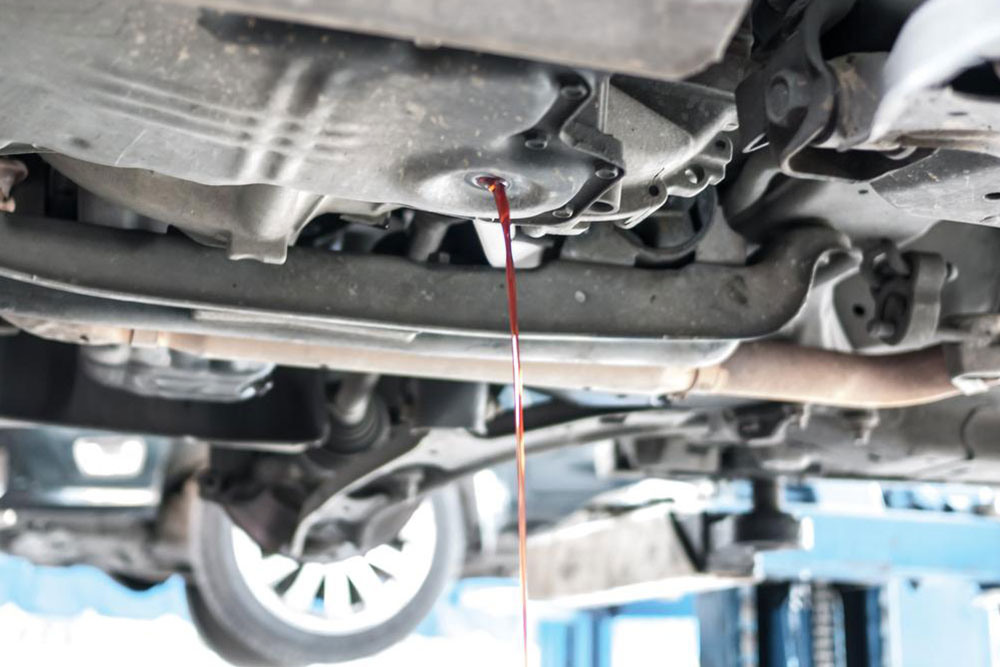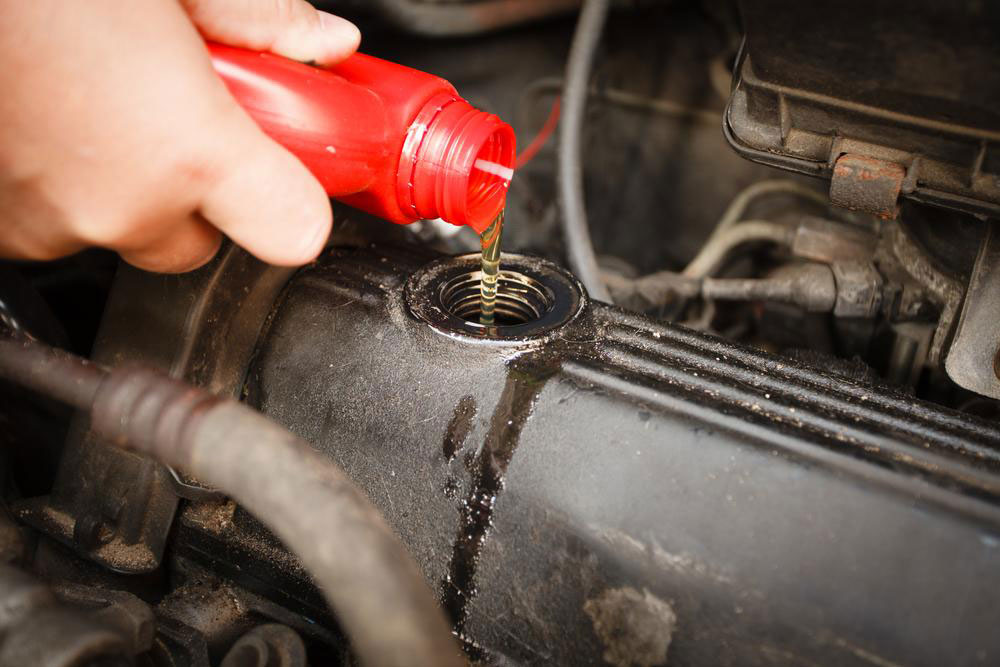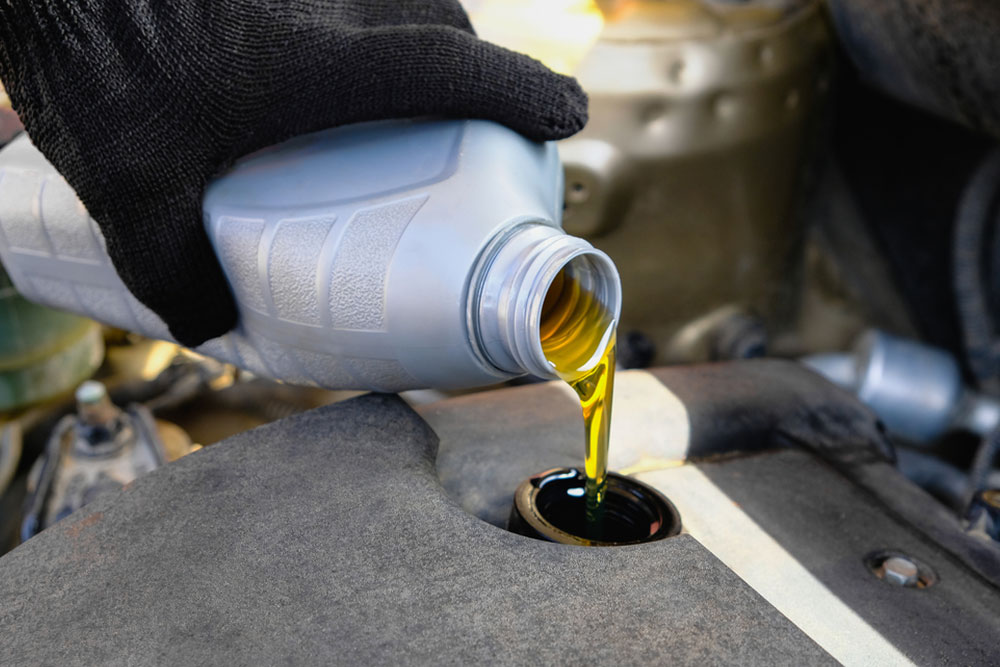Comprehensive Guide to Engine Oil Replacement for Your Vehicle
This comprehensive guide explores the importance of regular engine oil changes, how to determine the right timing, and tips for saving costs with coupons. It emphasizes maintaining engine health, choosing the right oil type, and scheduling routine maintenance to enhance vehicle longevity. Dedicated vehicle owners will find valuable insights on optimizing their oil change routine, avoiding engine damage, and reducing maintenance expenses through strategic use of coupons. Proper oil maintenance ensures smoother engine operation and extends the lifespan of the vehicle.

Essential Strategies for Properly Replacing Your Car's Engine Oil
Owning and maintaining a vehicle involves a series of routine tasks, among which regular engine oil changes are paramount. Engine oil plays a critical role in ensuring smooth engine operation by lubricating moving parts, preventing wear and tear, and aiding in heat dissipation. Neglecting timely oil replacement can lead to engine sluggishness, increased wear, and potentially costly repairs.
Understanding the importance of scheduled oil changes is vital for every vehicle owner. By adhering to manufacturer recommendations and maintaining a regular oil change routine, you can enhance your vehicle’s longevity and maintain optimal performance. Moreover, cost-effective options such as oil change coupons are widely accessible, offering significant savings on maintenance expenses.
Engine oil deteriorates over time because of thermal breakdown, contamination from dirt and debris, and the accumulation of byproducts from combustion. As a result, its lubricating properties diminish, risking engine damage if not replaced promptly. The intervals between oil changes depend on several factors, including vehicle age, driving habits, and oil type. Typically, for conventional oils, this interval ranges from 3,000 to 5,000 miles, and for synthetic oils, it can extend up to 7,500 or even 10,000 miles under ideal conditions.
High-quality synthetic oils, while more expensive initially, can provide longer-lasting protection and improve engine efficiency. However, frequent oil changes remain essential, especially for vehicles operated under demanding conditions such as extreme temperatures, frequent short trips, or heavy loads. Using coupons at auto service centers allows cost-conscious owners to access premium oils and professional service without exceeding their budget.
To minimize maintenance expenses, many auto repair shops offer oil change coupons. These deals can be redeemed for discounts on multiple quarts of oil or full service packages. Presenting a coupon during your appointment can significantly lower costs, making regular oil changes more affordable and encouraging diligent vehicle upkeep.
Determining the Optimal Time for Engine Oil Change
The question of when to change engine oil is common among car owners. While guidelines vary, the most universally accepted rule is to replace the oil every 3,000 miles or approximately three months, whichever occurs first. This frequency ensures the oil remains effective in lubricating engine parts and removing contaminants.
For vehicles subjected to heavy usage, such as frequent city driving, towing, or adverse weather conditions, more frequent oil changes may be necessary—potentially every 300 miles or three months. Conversely, drivers who mainly operate their vehicles on highways and make infrequent short trips might extend the interval slightly, but periodic checks are still advised.
If your vehicle is used less often, conducting oil checks regularly and adhering to a biannual or annual oil change schedule is prudent to prevent oil breakdown and engine issues. Always follow your vehicle manufacturer's manual for specific recommendations concerning oil change intervals and oil types.
Key Tips for Efficient Oil Change and Maintenance
Schedule Biannual Oil Changes
Adhering to the 3,000-mile or three-month rule ensures your vehicle’s engine stays properly lubricated. Two oil changes per year align well with this recommendation, especially for moderate to heavy drivers. Infrequent drivers can often extend to three or even four months, but regular checks are crucial to avoid engine problems.
Perform Regular Oil Level Checks
Monitoring your oil level weekly or monthly with the dipstick is a simple yet effective way to prevent engine damage. Low or dirty oil can lead to increased friction, overheating, and engine failure. Always top up or change the oil if you notice any discoloration, unusual smells, or if the oil level falls below the recommended mark.
Choosing the Right Oil Type for Your Vehicle
Consult your owner’s manual to determine whether synthetic or conventional oil is suitable for your engine. Synthetic oils are superior for high-performance vehicles, cold climates, or extended mileage intervals. Although they are more expensive, using coupons can make premium oil options more budget-friendly.
Opt for Standard Oil When Appropriate
If your vehicle mainly makes short trips, and the manual does not specify synthetic oil, standard or conventional oils are generally sufficient. Prioritize using high-quality oils for effective engine lubrication, especially during colder months, and look for discounts or coupons to reduce costs.
Leveraging oil change coupons is an effective strategy for reducing maintenance expenses. Many service providers offer discounts on bulk purchases or full service packages, which can be redeemed digitally or via printed coupons. These deals enable vehicle owners to enjoy premium quality oils and professional service at lower prices, promoting consistent vehicle maintenance and operational efficiency.





